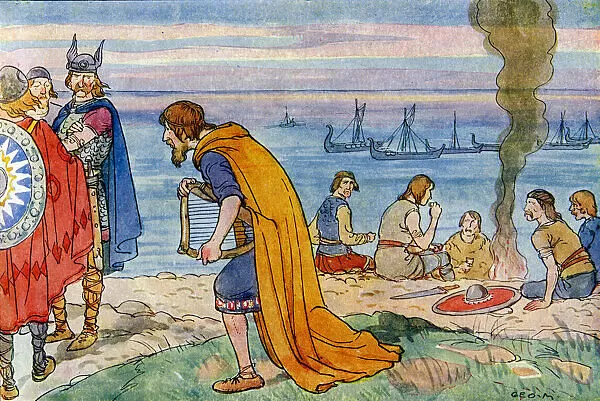
It’s a sign of humility that this illuminating collection from Lang, an Army colonel and retired head of the Defense Intelligence Agency’s global human intelligence service, isn’t titled I Told You So. In the many clear-eyed essays and other writings within, Lang surveys the U.S.’s 21st century intelligence gathering and military strategy, often stating, in pieces from the early 2000s, hard truths about Iraq, Afghanistan, and other Middle Eastern countries that would be borne out over long, painful years. Today these warnings that weren’t heeded offer an urgent reminder of what went wrong.
Lang demonstrates his independence, boldness, and acute understanding from the start, with a 2002 piece declaring the CIA’s National Intelligence Estimate covering Iraq’s capacity for weapons of mass destruction “the worst constructed, most illogical and indeed dishonest document of its kind that I have ever seen.” Weight of evidence justifies the heated tone, as Lang breaks down, in that essay and others, the intrusion of bureaucrats and politicians into the ways that intelligence is “collected, collated, analyzed, and disseminated.” As he considers the nation’s mistakes and misapprehensions in the face of terrorism and counterinsurgency, Lang writes with clarity and insight (“To be blunt, our foreign policy tends to be predicated on the notion that everyone wants to be an American”), drawing on a host of historical examples, lessons from his own career, and deep knowledge about the Middle East and Islam.
“The Al-Qaeda that most Americans imagine does not exist,” Lang writes in a 2006 essay worth celebrating for its prescience. Elsewhere, he sounds the alarm not only that the U.S. couldn’t succeed in Afghanistan but that even defining a “win” was impossible. In speeches, book reviews, proposals, and other forms, Lang writes with inviting prose and rare persuasive power, for an audience of intelligence and military experts and strategists but also lay readers, never simply relying on his credentials. Engaging short fictions set in other eras round out the collection, each offering insights.
Takeaway: Prescient, clear-eyed essays about what could—and often did—go wrong for the U.S. in the Middle East.
Great for fans of: Richard H. Shultz’s Transforming US Intelligence for Irregular War, Thomas E. Ricks’s Fiasco.
Production grades
Cover: A-
Design and typography: A
Illustrations: N/A
Editing: A
Marketing copy: A

I find myself, while reading in the Colonel’s latest book, getting angry and frustrated every few pages over how badly we the people were duped about most everything post 9-11. Sometimes I have to put the book down a while to calm down. Just who or whom or what in DC can be believed or even trusted I wonder. For me it only gets worse as events take place today. TV ‘analysts’ seem to make matters worse. I quit them a while back.
Well deserved congratulations to Pat.
Harper – Although I confess to being a bit puzzled by the picture. It zipped right over my head. Who is that canoodling with the Vikings, one of the High Kings of Ireland? And what is the connection to Colonel Lang?
or one of the
Leith,
I inserted the photo. It is King Alfred posing as an itinerant minstrel (harpist) to infiltrate the Danish (Viking) camp. I just decided to put something there beyond the usual image of a harp.
OK. But what is the connection to Colonel Lang? Please excuse my naivete. My only awareness of King Alfred is in Bernard Cornwell’s fiction. An entertaining author but I doubt his historical rigor.
Oh wait! Never mind. My brain finally caught up, I get it now.
Just purchased.
I’ll be picking up a copy
In addition to what was said above,
I think what is significant is that
a. newspaper reporters did not solicit Col. Lang for quotations to add to their articles,
b. newspaper editors did not ask h to write op-ed columns, and
c. television managers did not invite him to be on their various shows.
All this despite his obvious expertise in critical areas they were pretending to cover.
I consider that, given the circumstances, a conspiracy.
Of course, describing things as conspiracies
is itself criticized in some circles.
I would love to hear Colonel Lang’s reaction to this extremely significant story,
about malfeasance which I have no doubt played a significant role in swinging the 2020 election to Biden:
Outrage as James Clapper, other Hunter Biden laptop skeptics suddenly speak out against media: ‘What a fraud’
https://www.foxnews.com/media/outrage-james-clapper-other-hunter-biden-laptop-skeptics-suddenly-speak-out-against-media-fraud